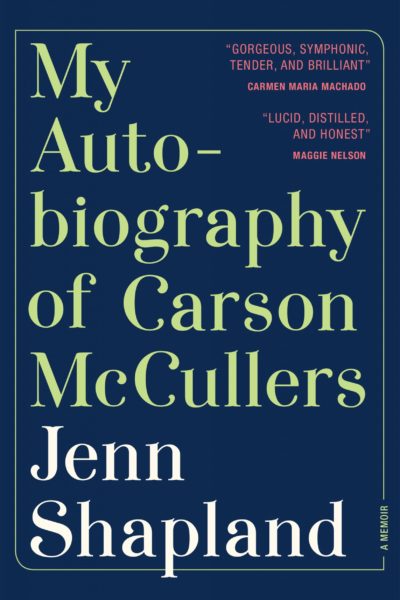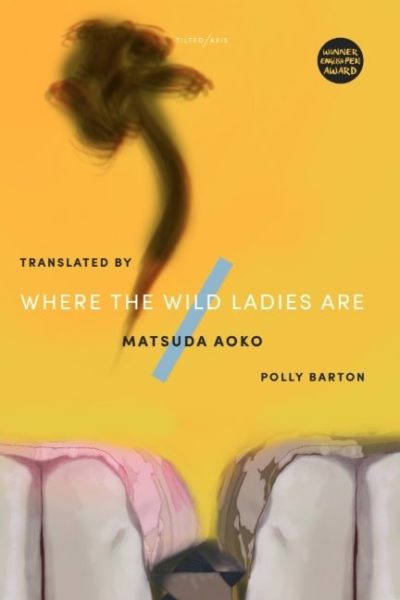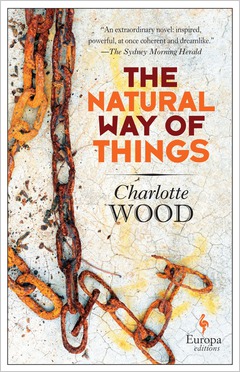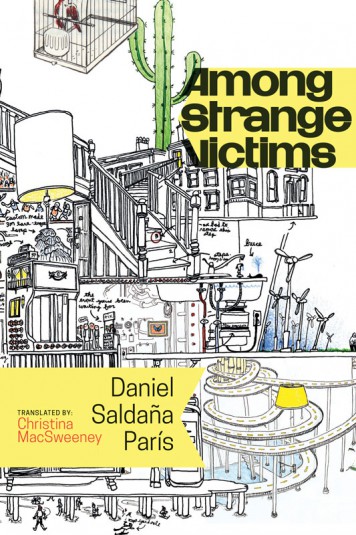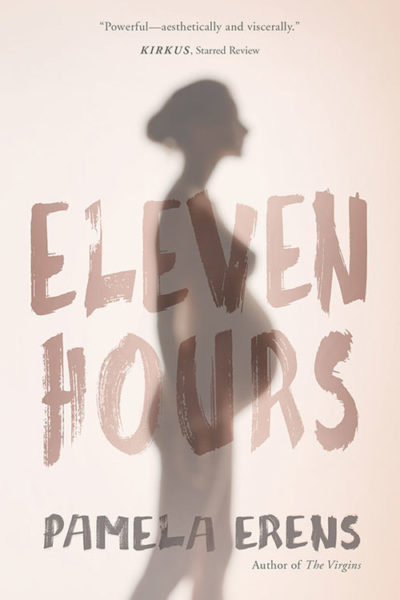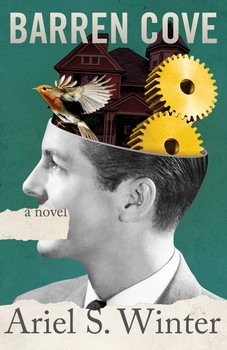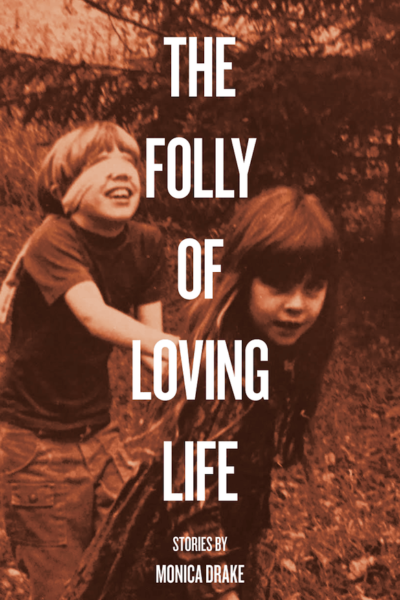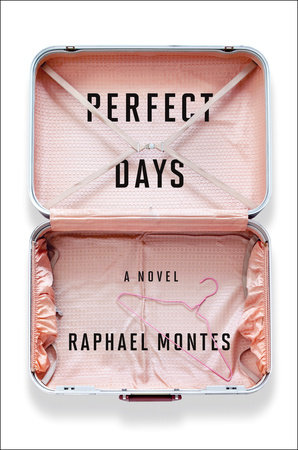My Autobiography of Carson McCullers – Jenn Shapland
MY AUTOBIOGRAPHY cracks the normative bounds of literary scholarship and shows us what kind of knowledge production is possible when the researcher drops the veneer of “scholarly objectivity” and makes herself fully present in the research process.
Where the Wild Ladies Are – Matsuda Aoko
In Matsuda’s collection of spooky feminist retellings of Japanese folktales, it isn’t the ghosts or the workplace harassment that provides the jump scares: it’s the material reminder of conformity and meaningless, textureless commodity.
Charlotte Wood – The Natural Way of Things
To some, THE NATURAL WAY OF THINGS, as an allegorical novel, might seem a bit on the nose in terms of how it tackles misogyny, particularly slut-shaming.
Among Strange Victims – Daniel Saldaña París
What does it mean to participate in a literature wherein novels and writers are described, as José Donoso laments in The Boom, as “too cosmopolitan, too intellectual . . . absolutely not what is expected from a Spanish American novelist”?
Pamela Erens gracefully brings the isolating effects of childbirth to the forefront of the pregnancy narrative. With Eleven Hours, Erens reminds us of the normalcy of choosing and indulging in solitude.
Their ability to learn at “super-human” speed may be interesting and terrifying, but ultimately, their artifice isn’t what draws us to these stories. Instead, it’s the attempt of these robots to make sense of and perform human emotion in the same ways we do that’s so uncanny and engrossing.
The Folly of Loving Life – Monica Drake
Drake desperately wants us to know that hipsters have colonized, but we cannot lament loss without knowing what we’ve lost.
With his skilled take-down of the Manic Pixie Dream Girl archetype, Montes’ Perfect Days is a worthwhile, pleasantly creepy English-language debut.



